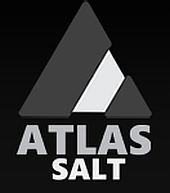 C.D.Howe: Smoothing the Path: How Canada Can Make Faster Major-Project Decisions
C.D.Howe: Smoothing the Path: How Canada Can Make Faster Major-Project Decisions
The Study in Brief
- Canadians have been debating whether Canada’s regulatory and permitting processes strike the right balance between attracting investments in major resource projects and mitigating potential harm from those investments.
- These regulatory processes typically apply to complex and expensive projects, such as mines, large hydrocarbon production projects (oil sands, liquefied natural gas [LNG], offshore oil), electricity generation (hydroelectric dams, nuclear), electricity transmission (wires), ports and oil or natural gas pipelines. These projects often involve multiple levels of jurisdiction and can prove particularly slow to gain government approval.
- Canada struggles to complete large infrastructure projects, let alone cheaply and quickly. We propose improving major project approval processes by: (a) ensuring that provincial and federal governments respect jurisdictional boundaries; (b) leaving the decision-making to the expert, politically independent tribunals that are best positioned to assess the overall public interest of an activity; (c) drafting legislation with precision that focuses review on matters that are relevant to the particular project being assessed; and (d) confirming the need to rely on the regulatory review process and the approvals granted for the construction and operation of the project.
The authors thank Jeremy Kronick, Benjamin Dachis, Monica Gattinger, Jim Fox, Glen Hodgson, Greig Sproule and anonymous reviewers for helpful comments on an earlier draft. The authors retain responsibility for any errors and the views expressed.




































